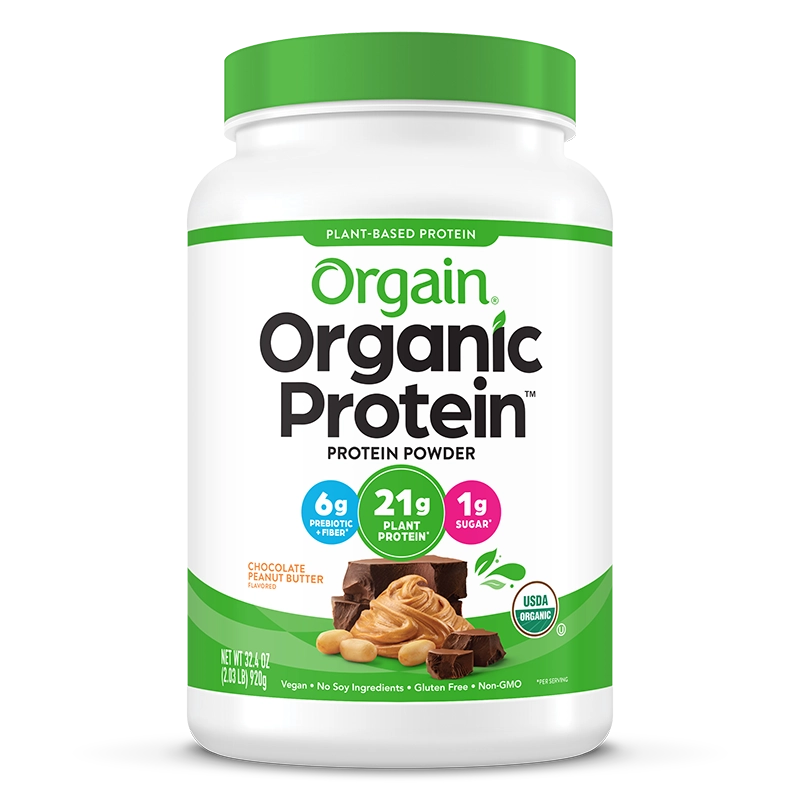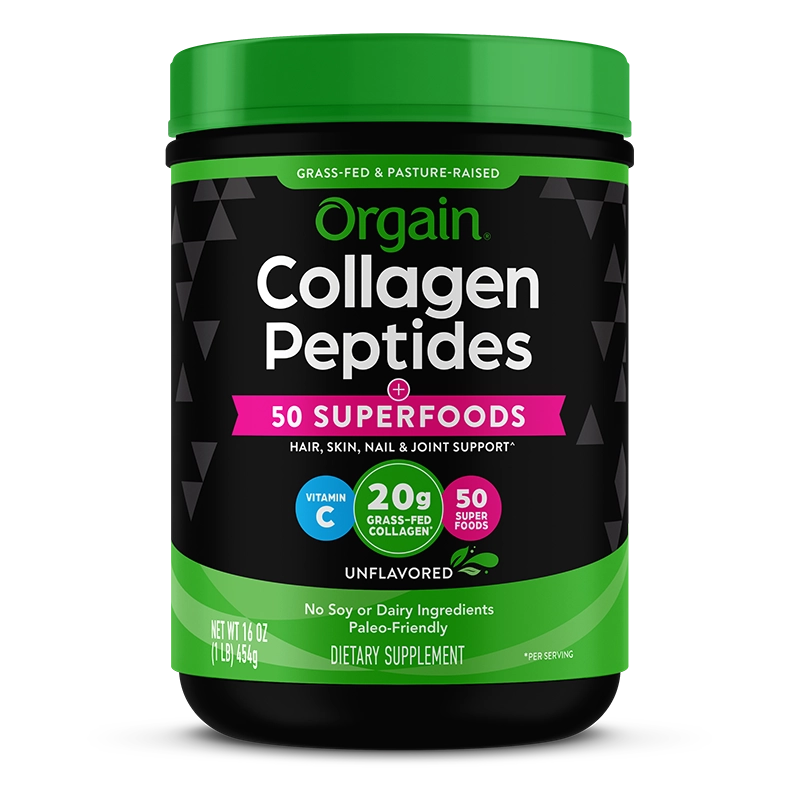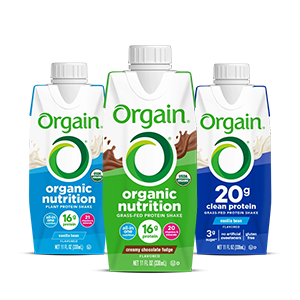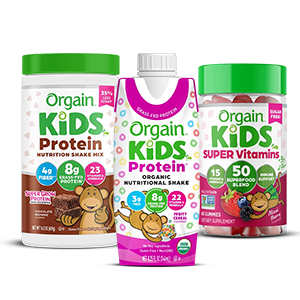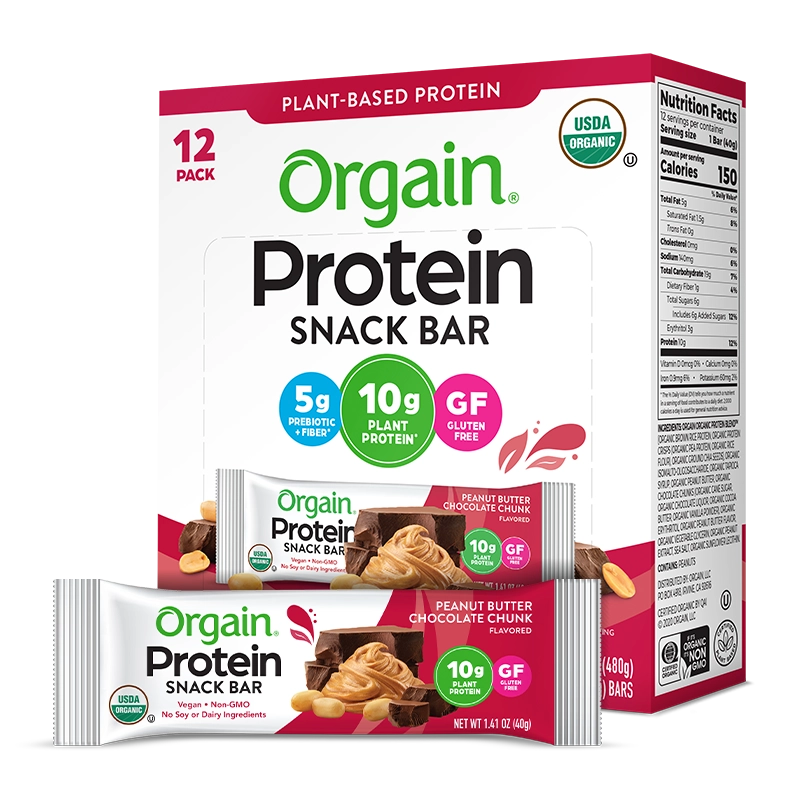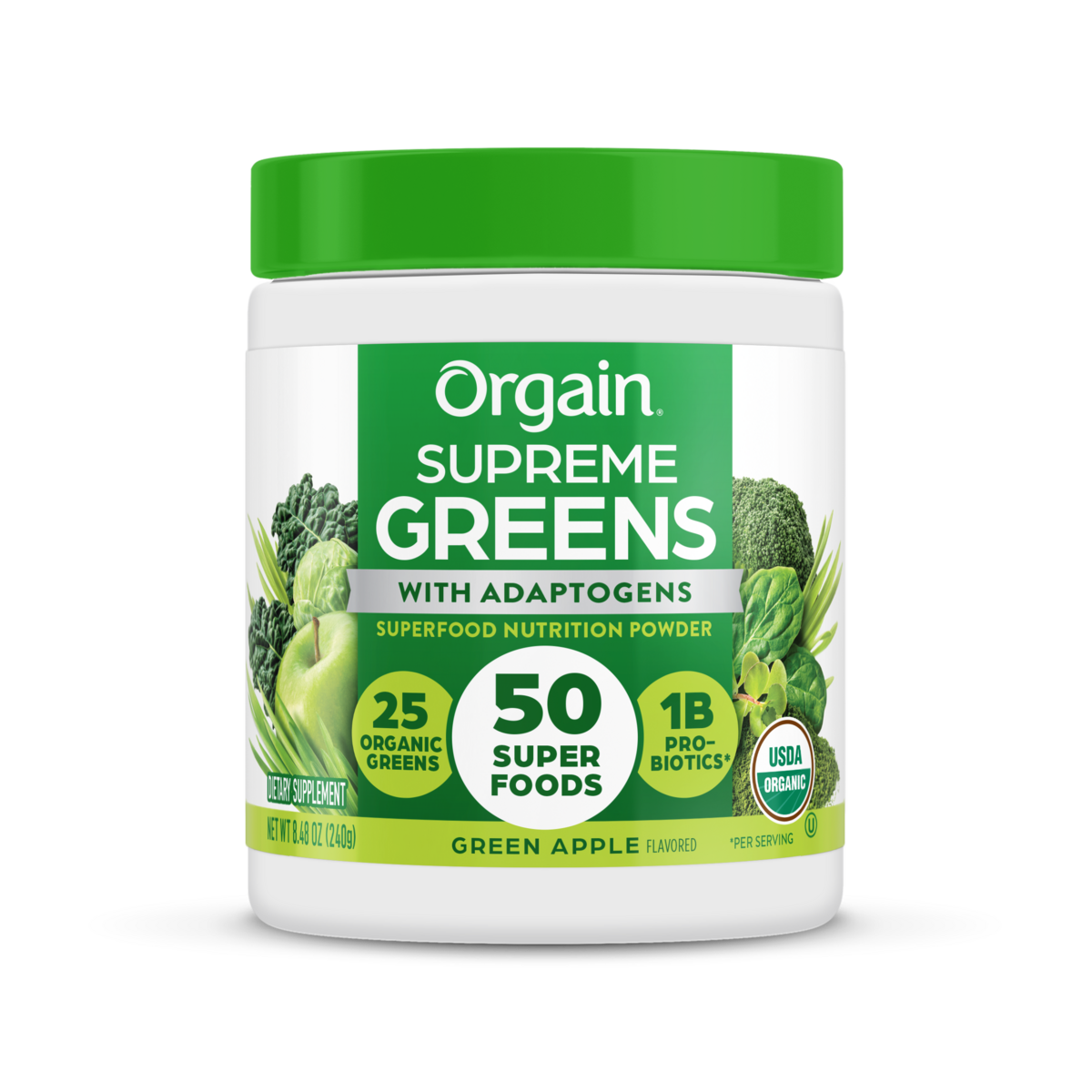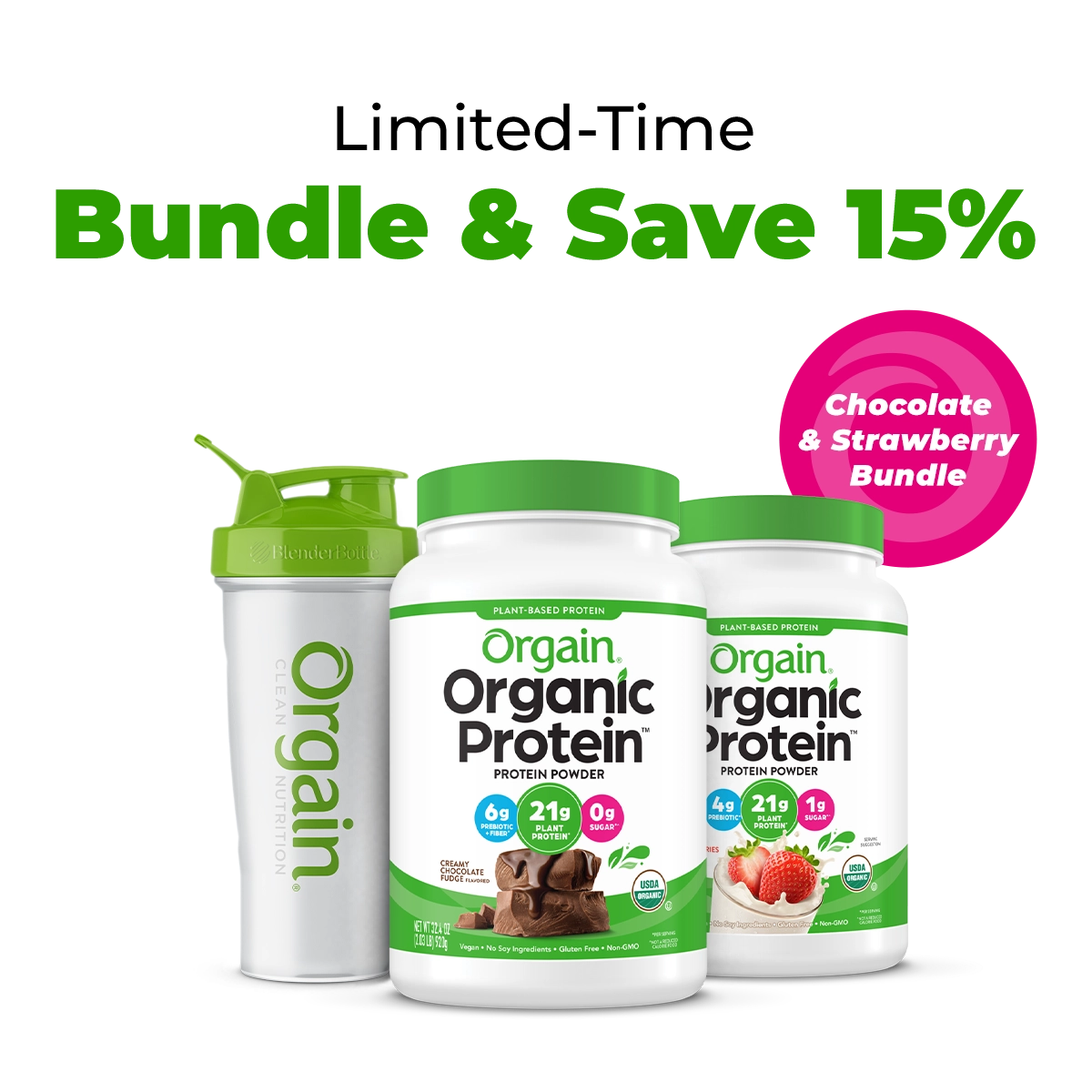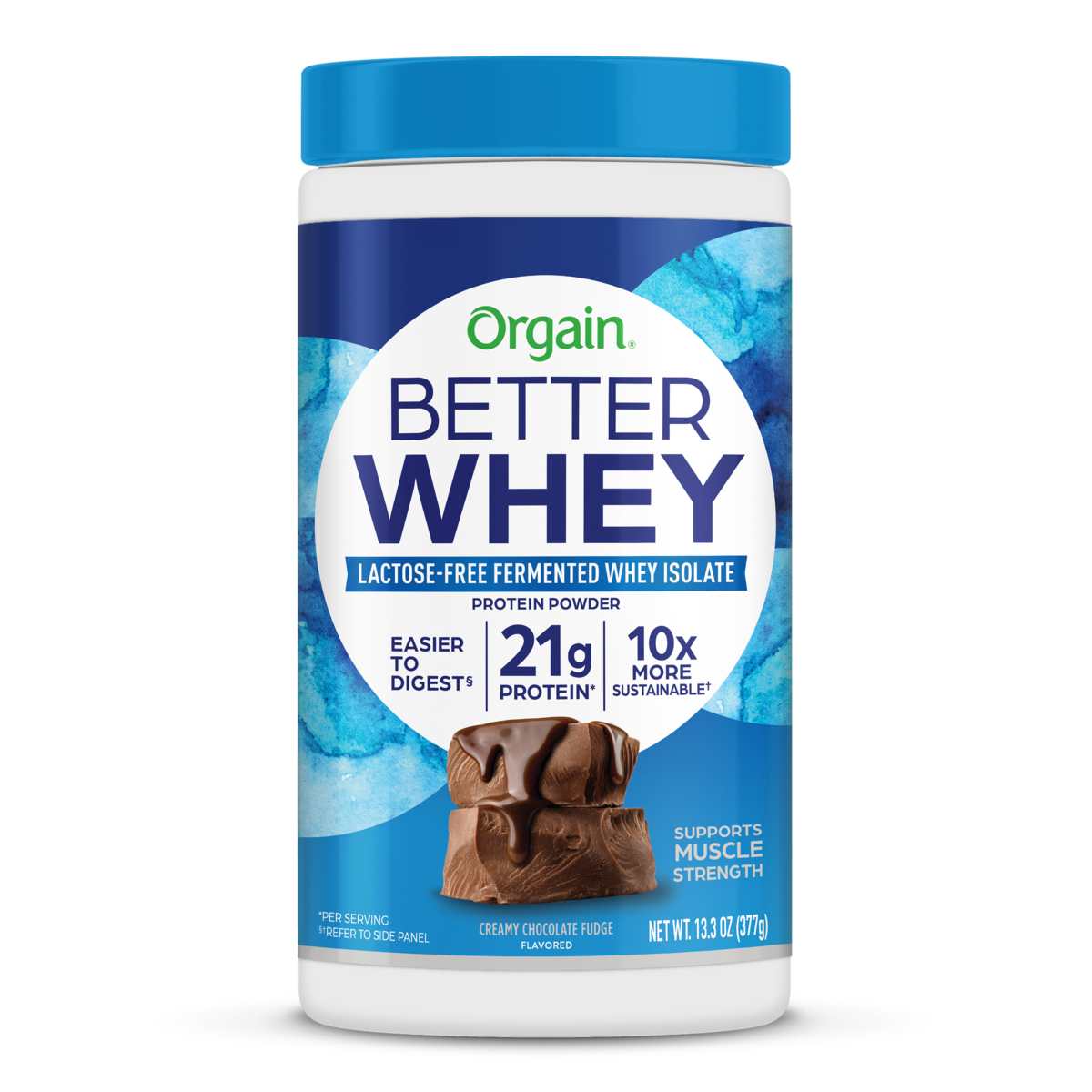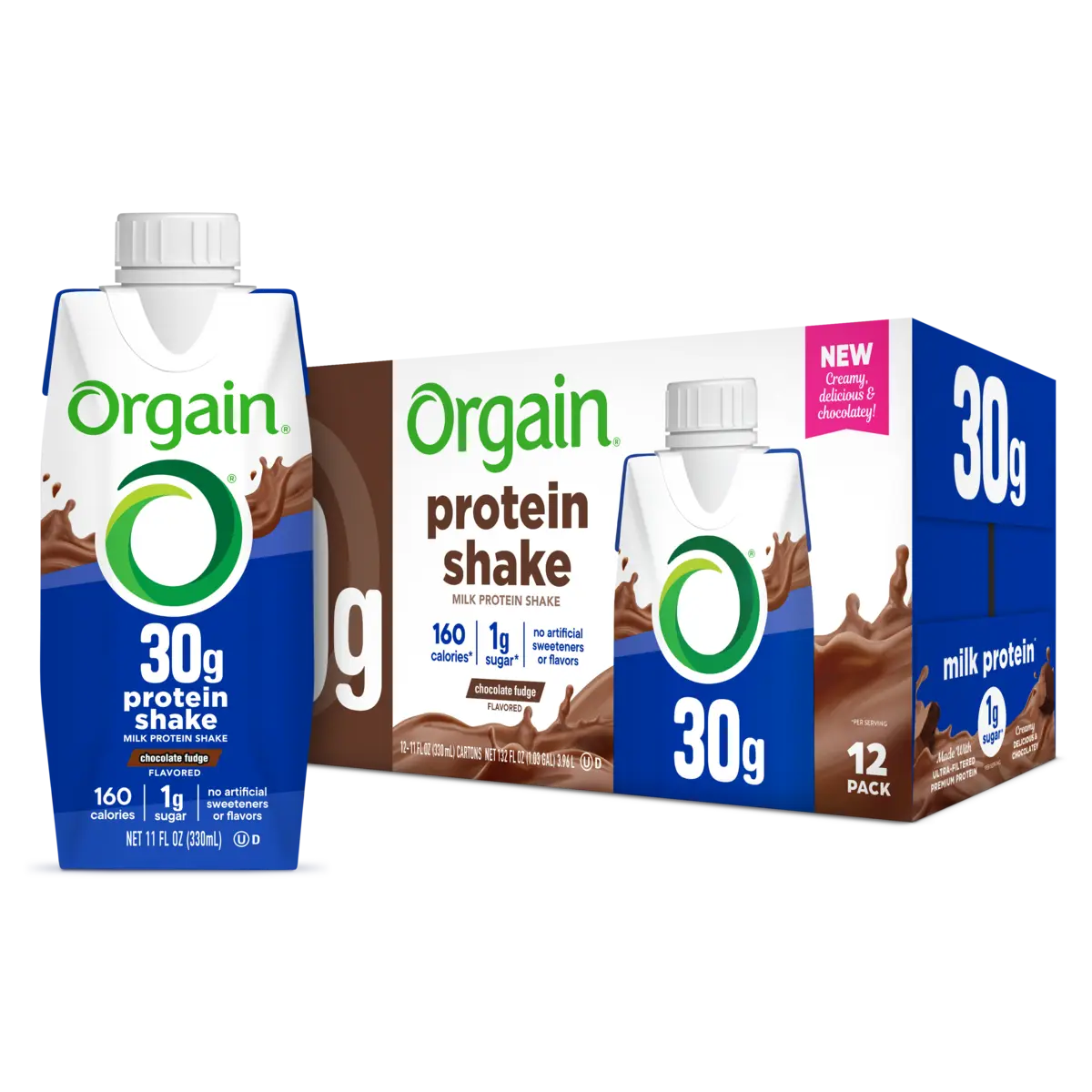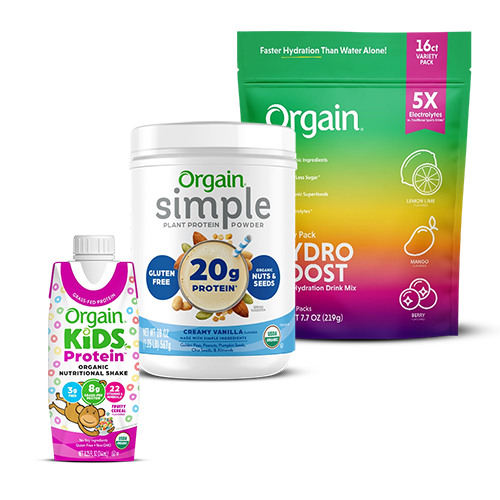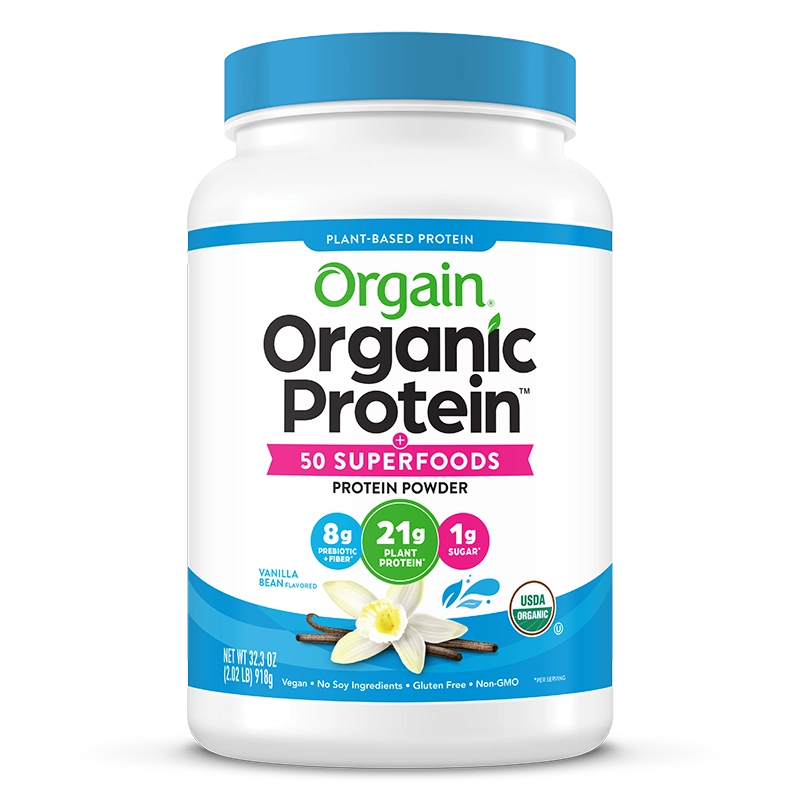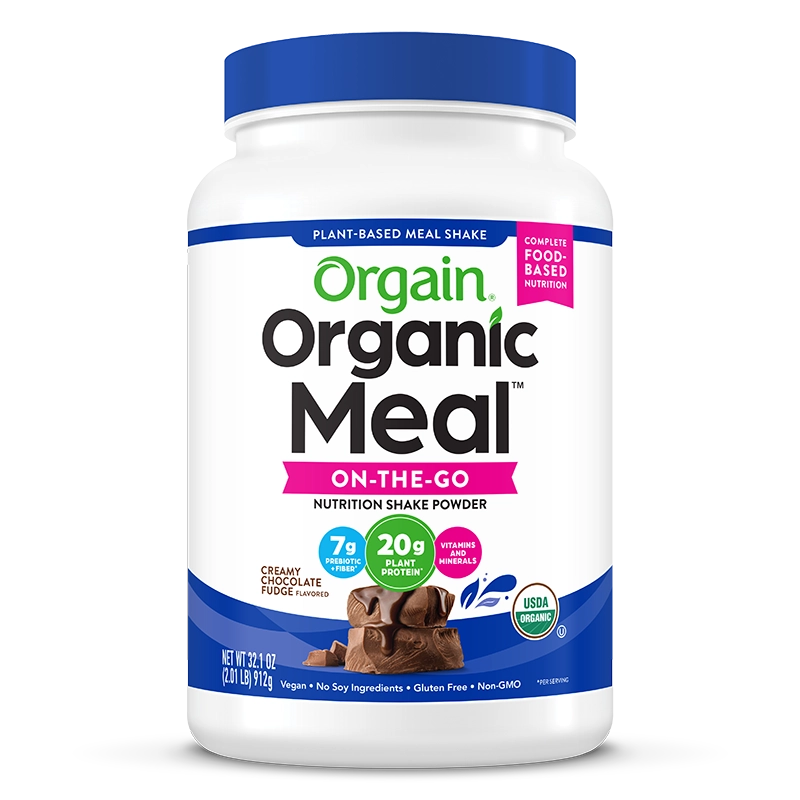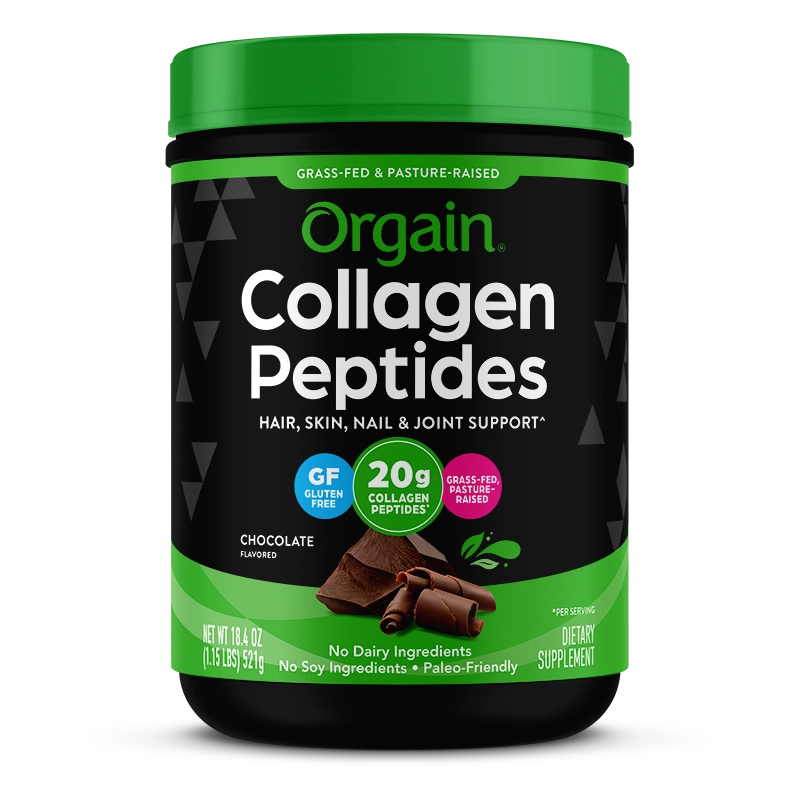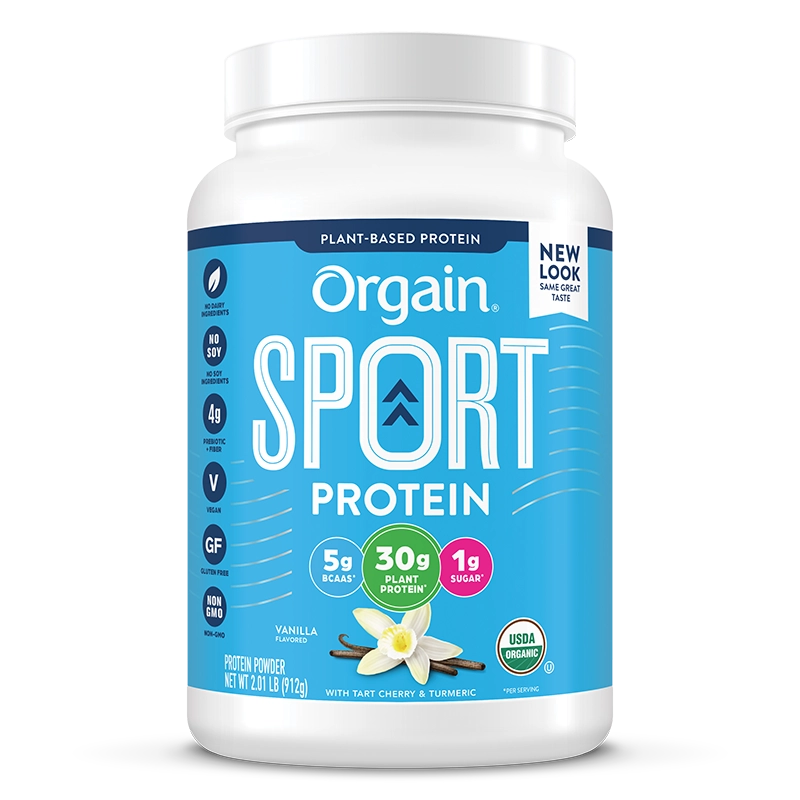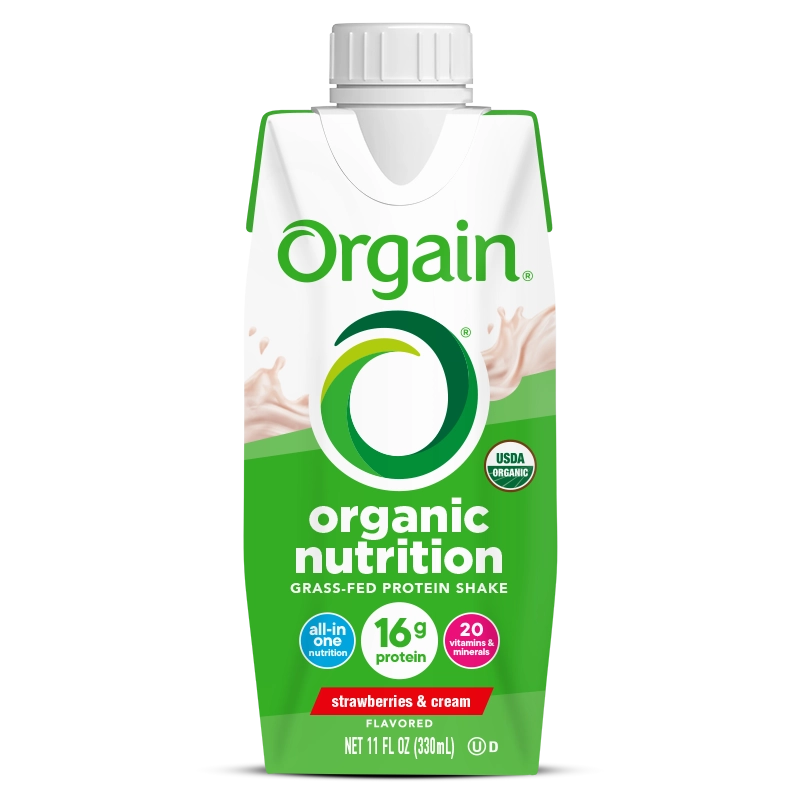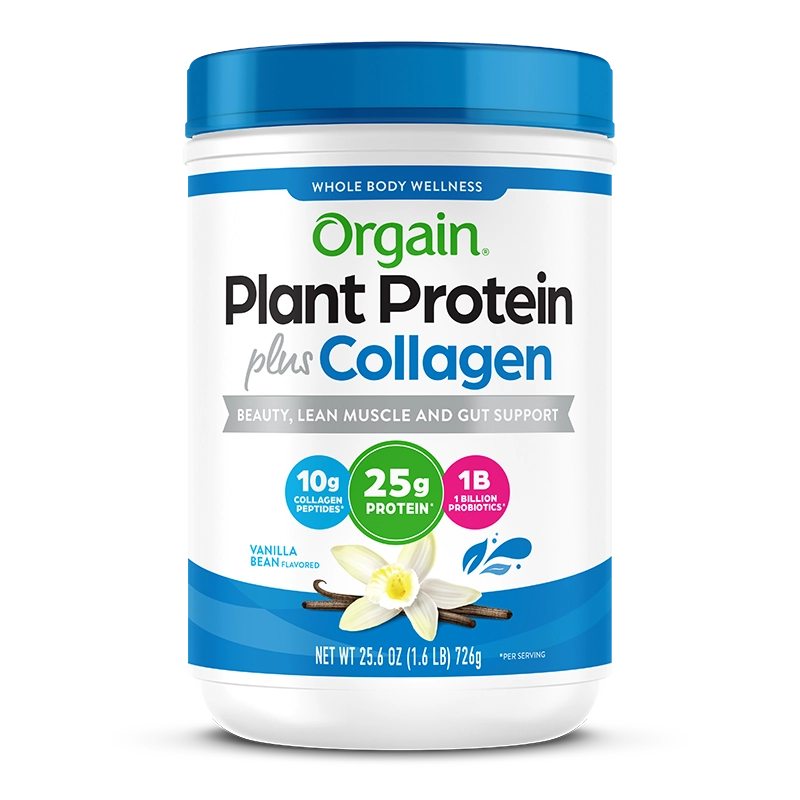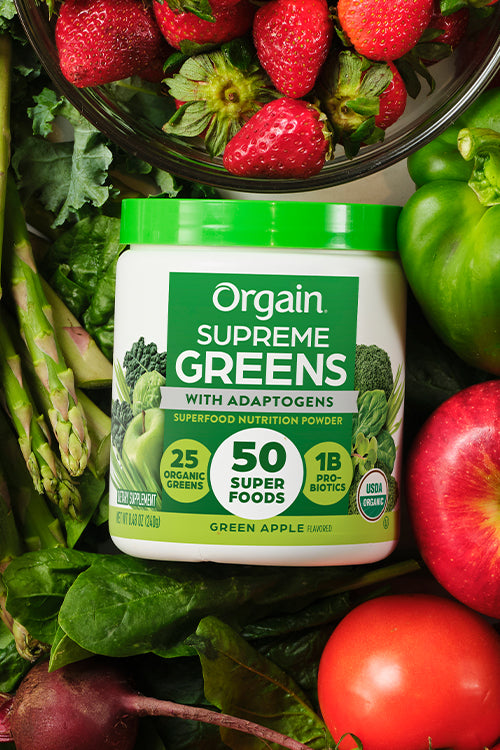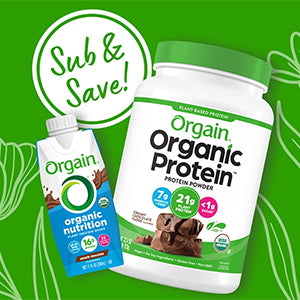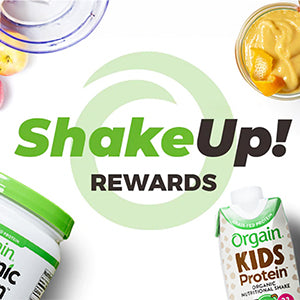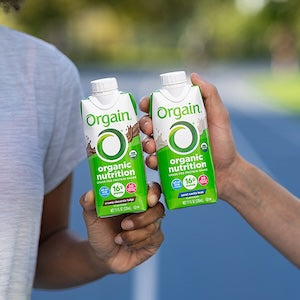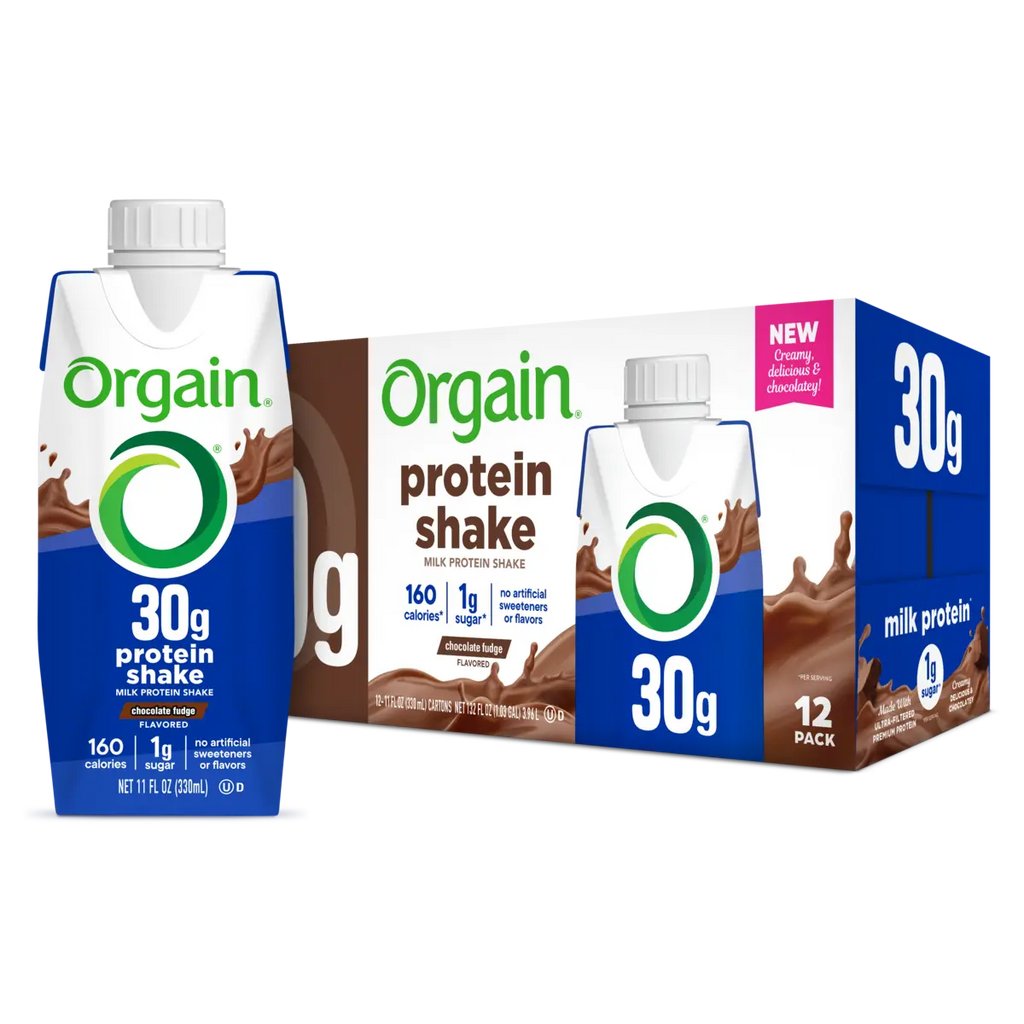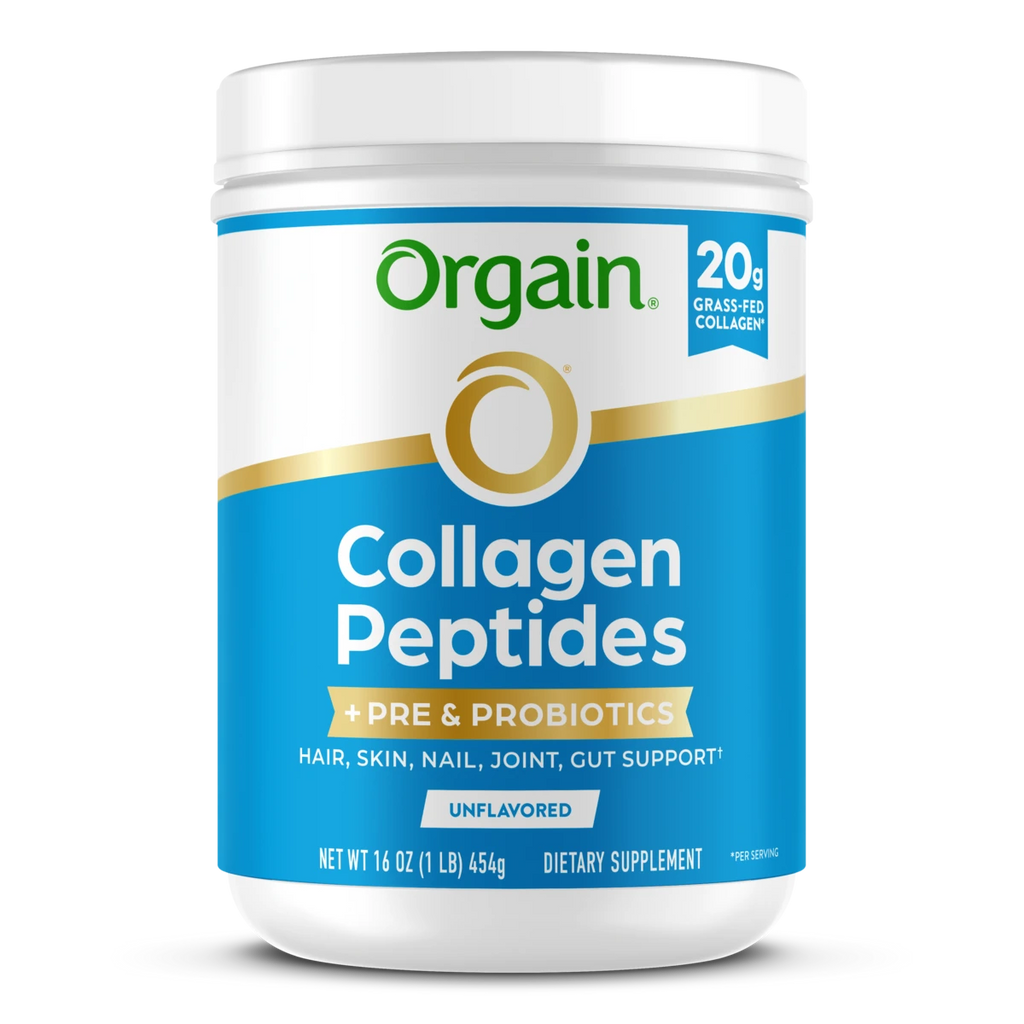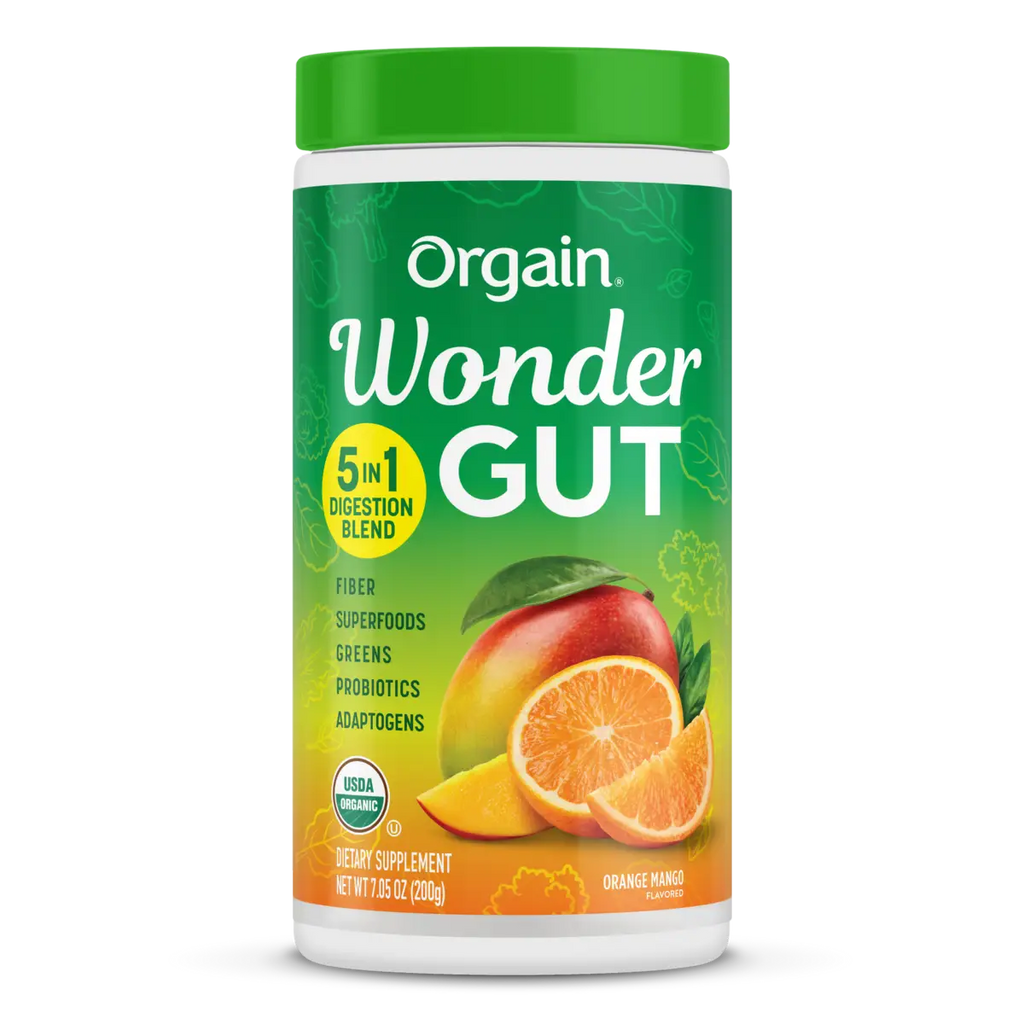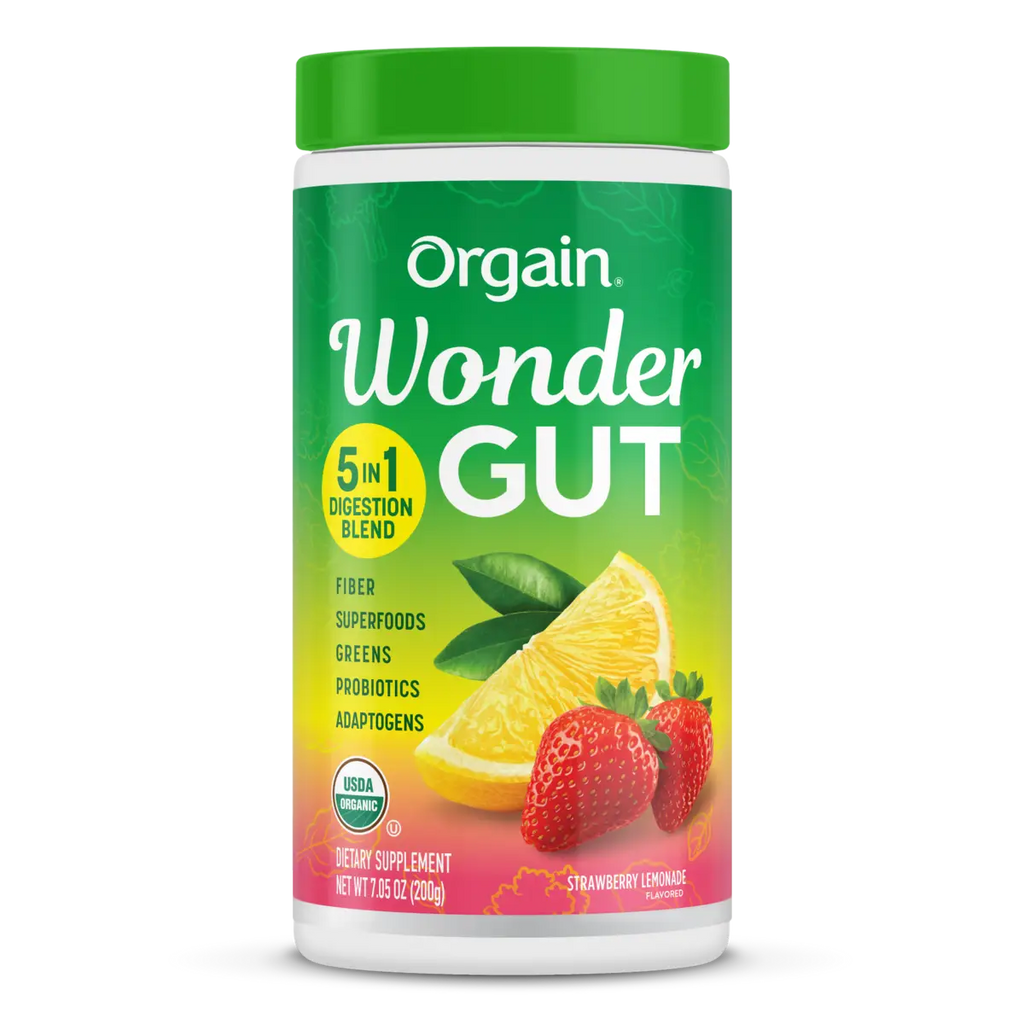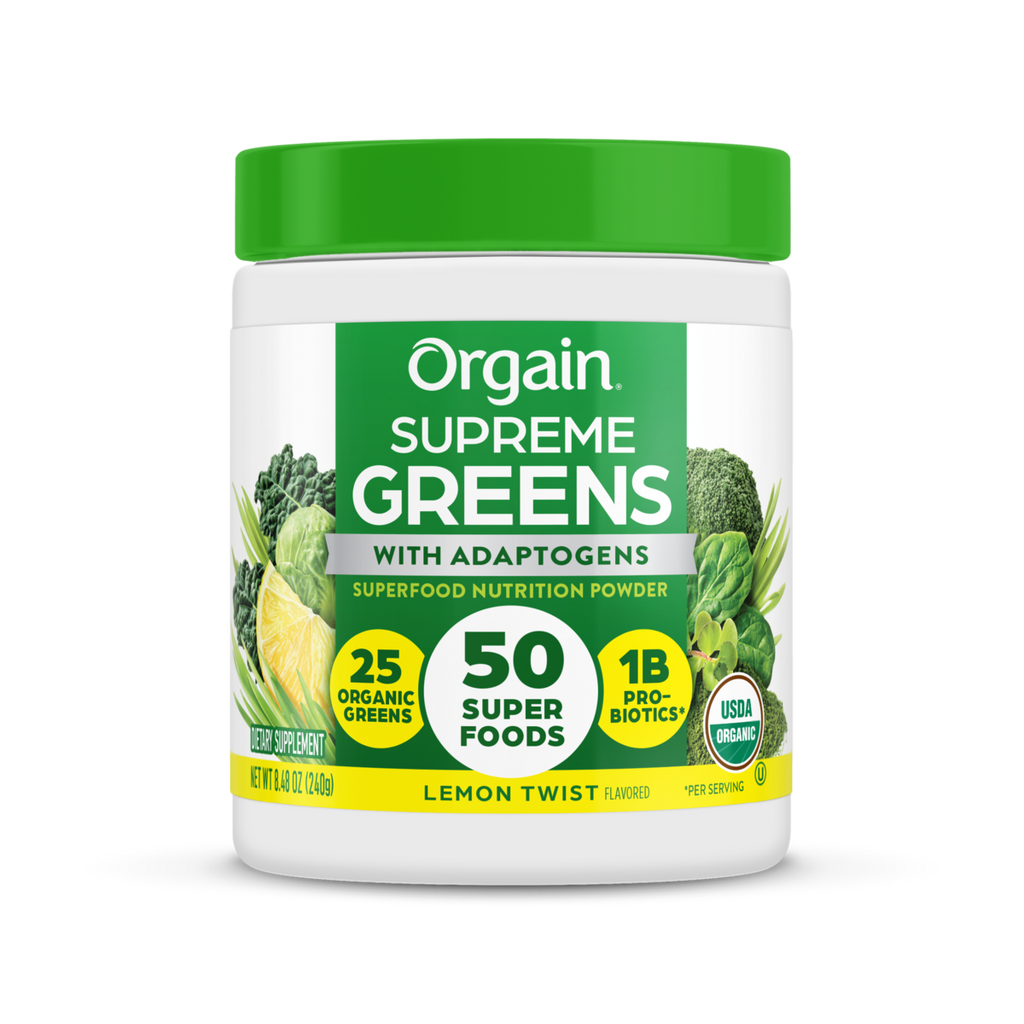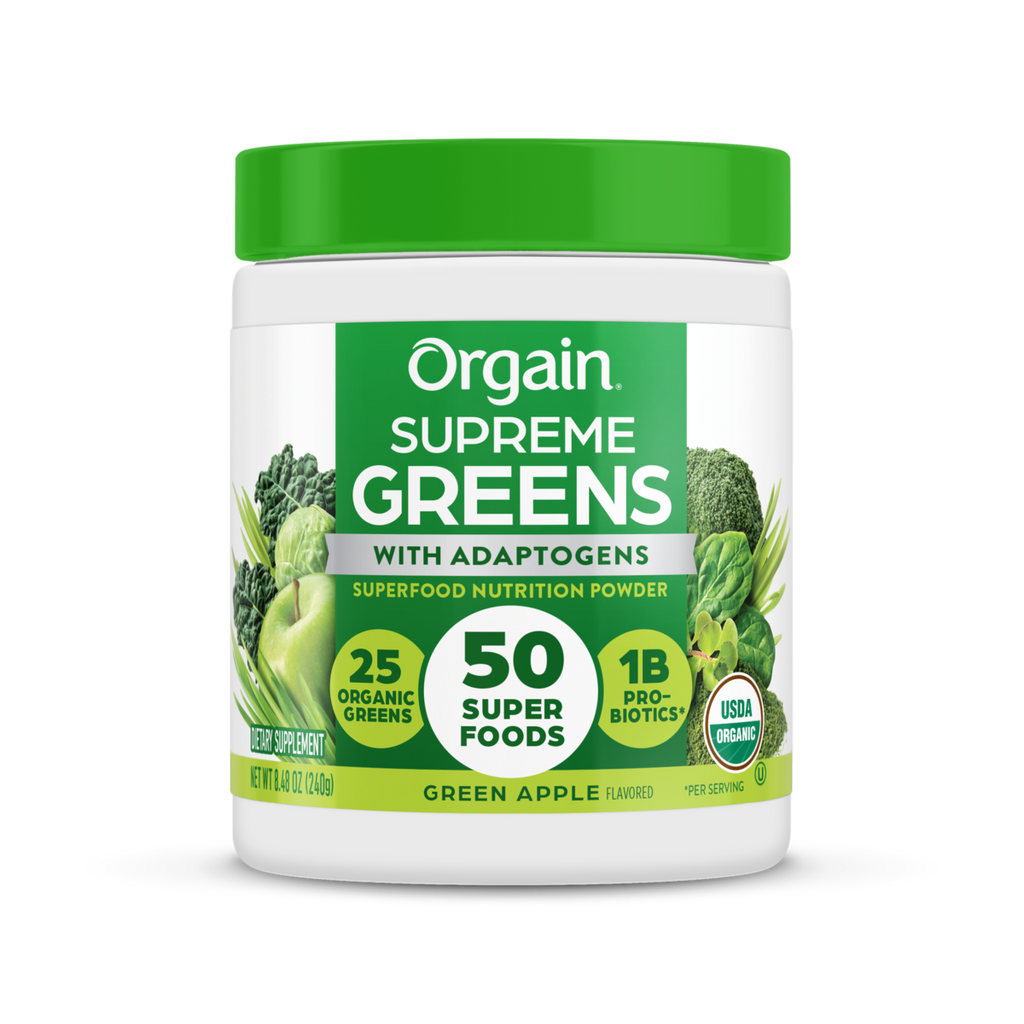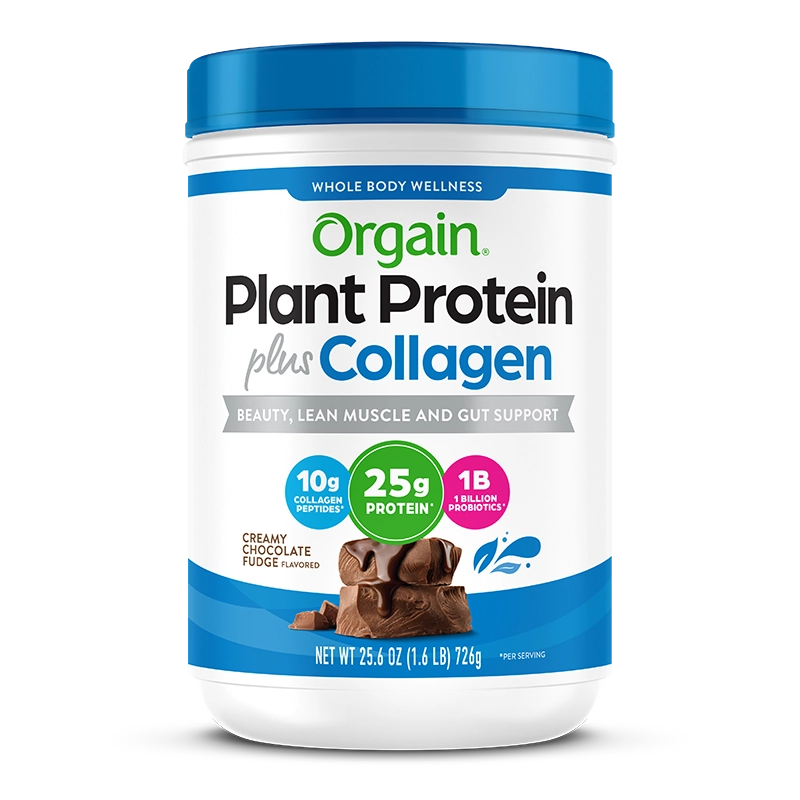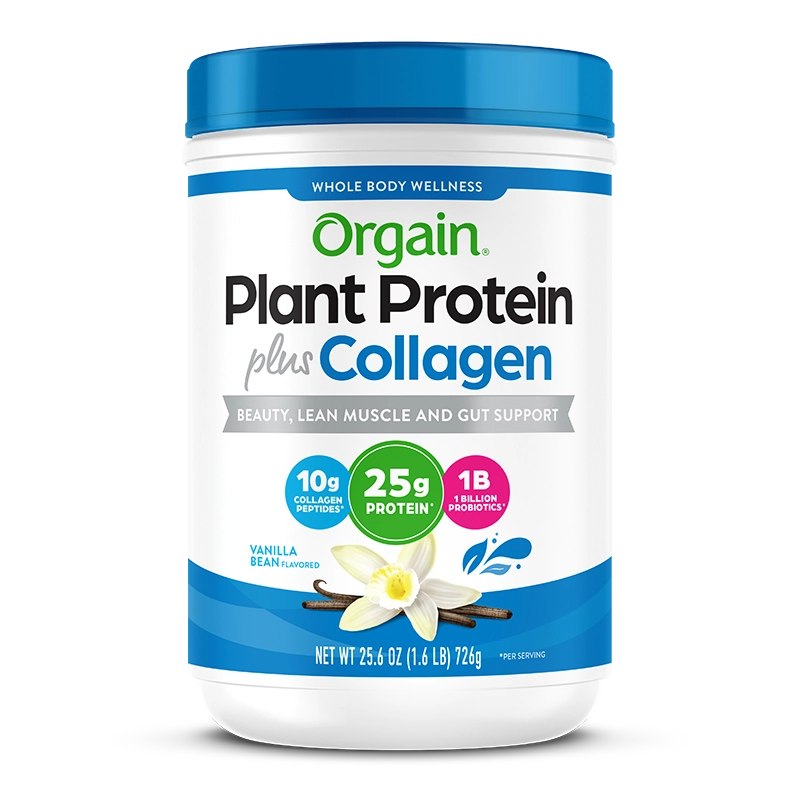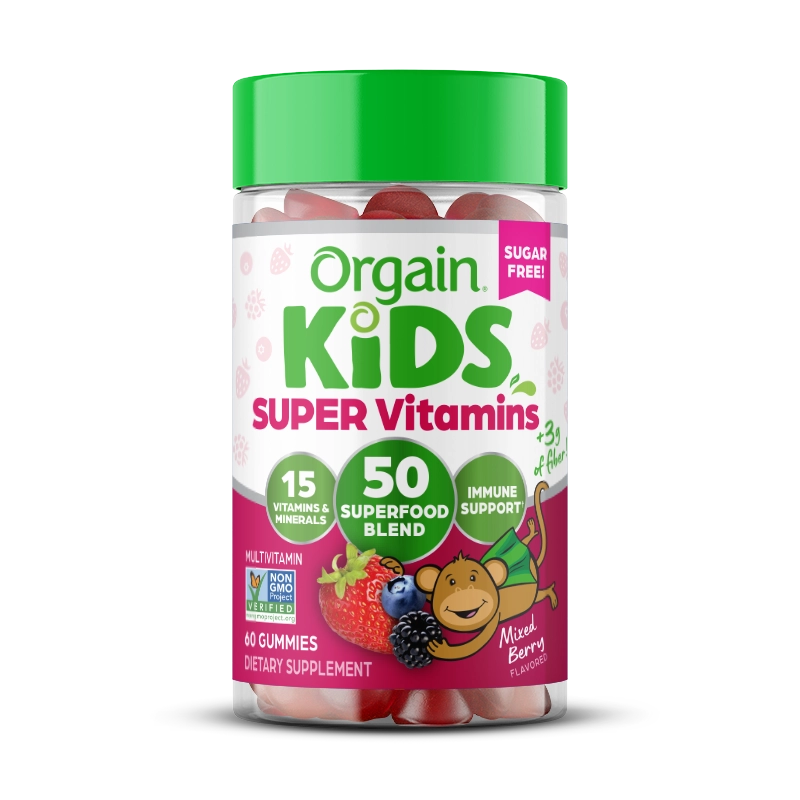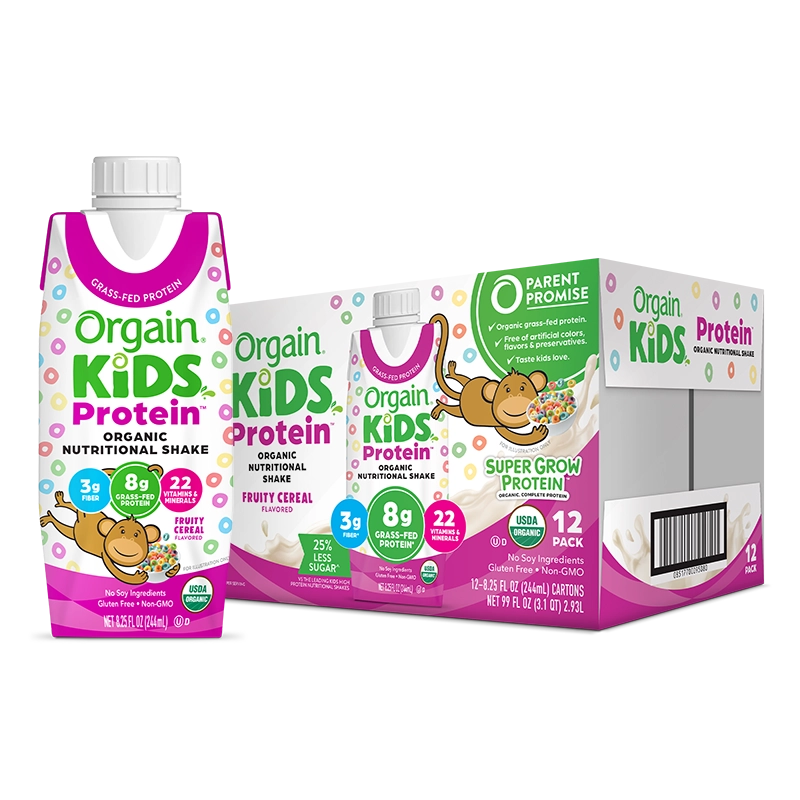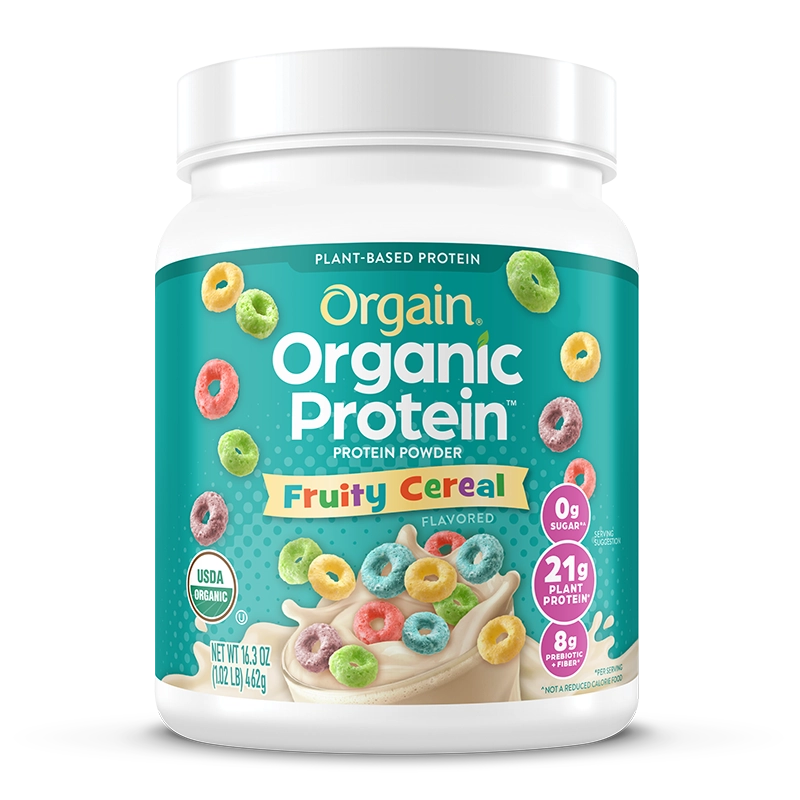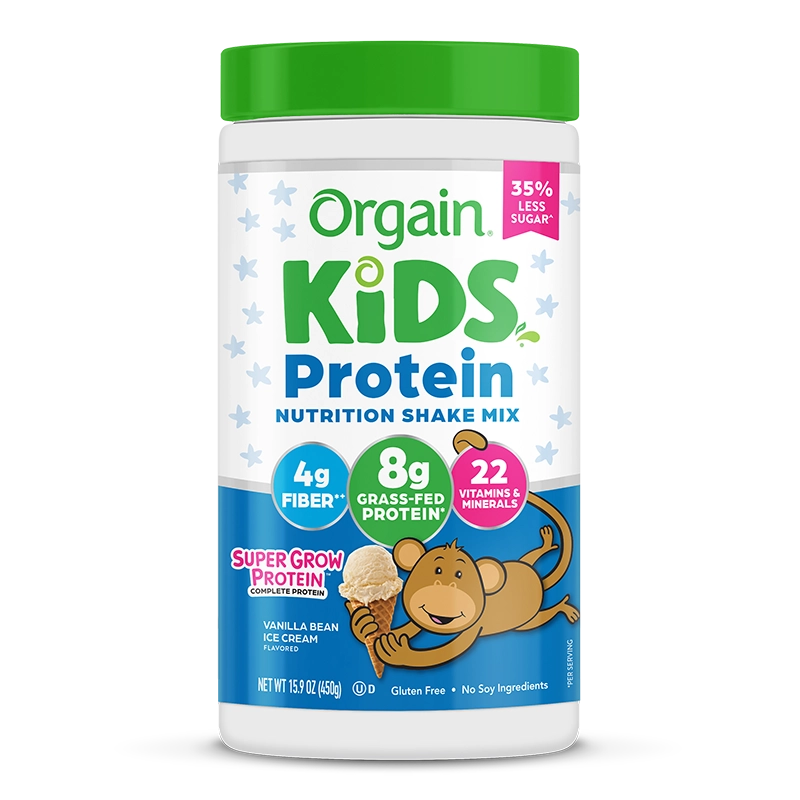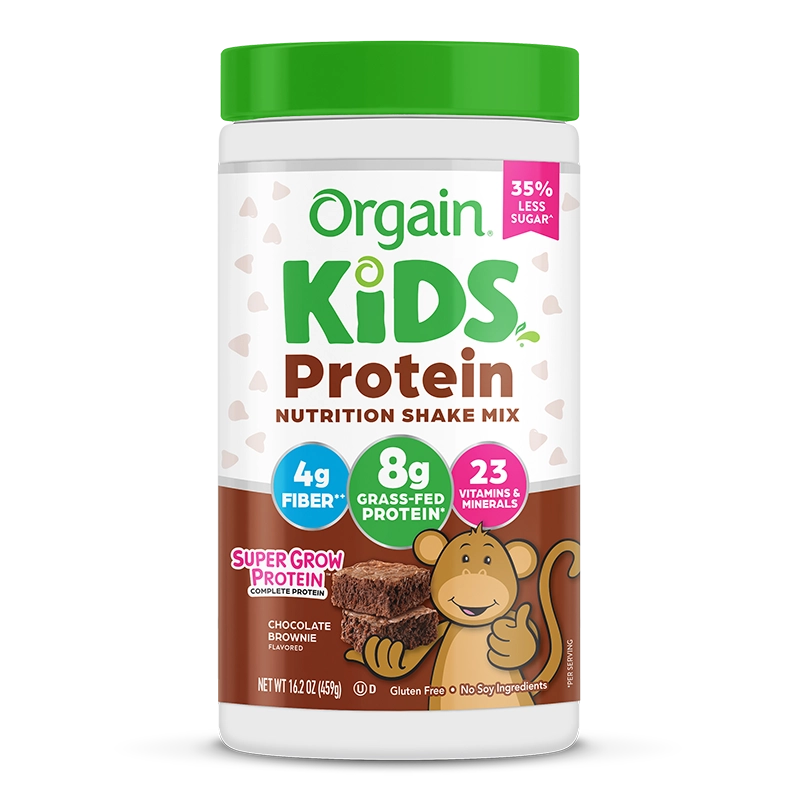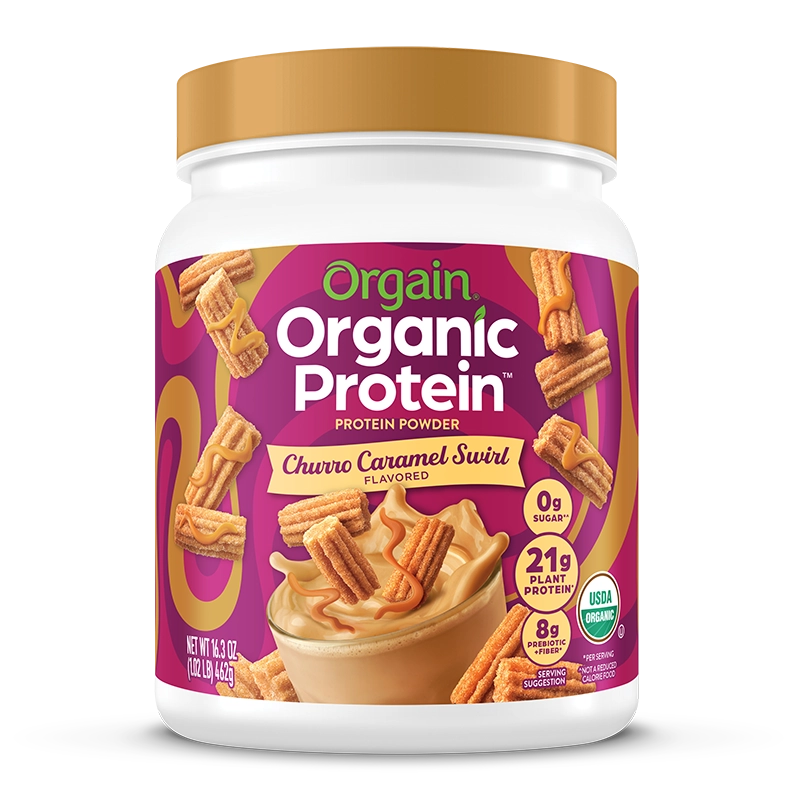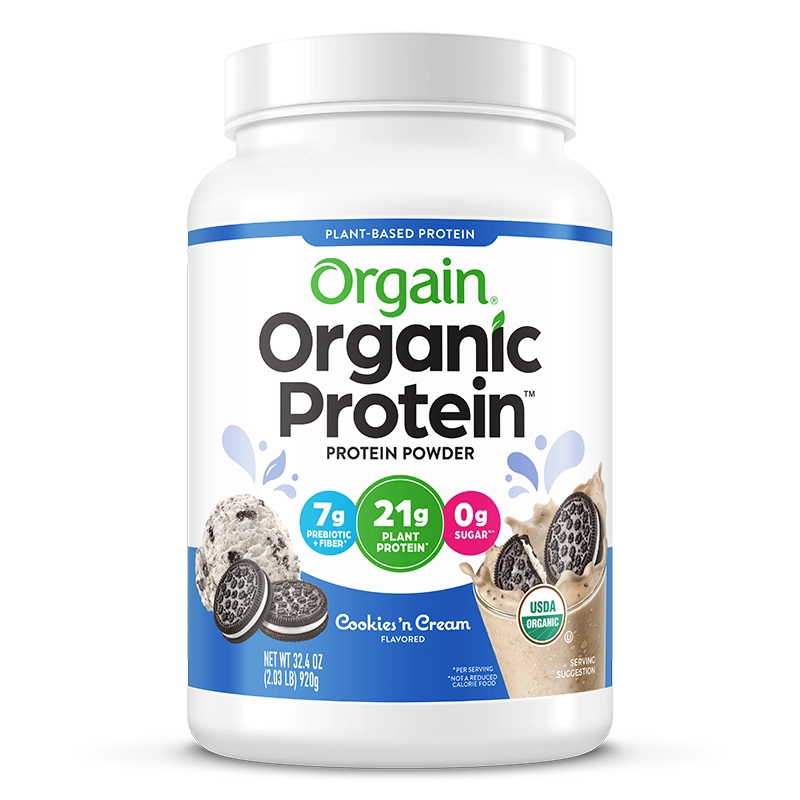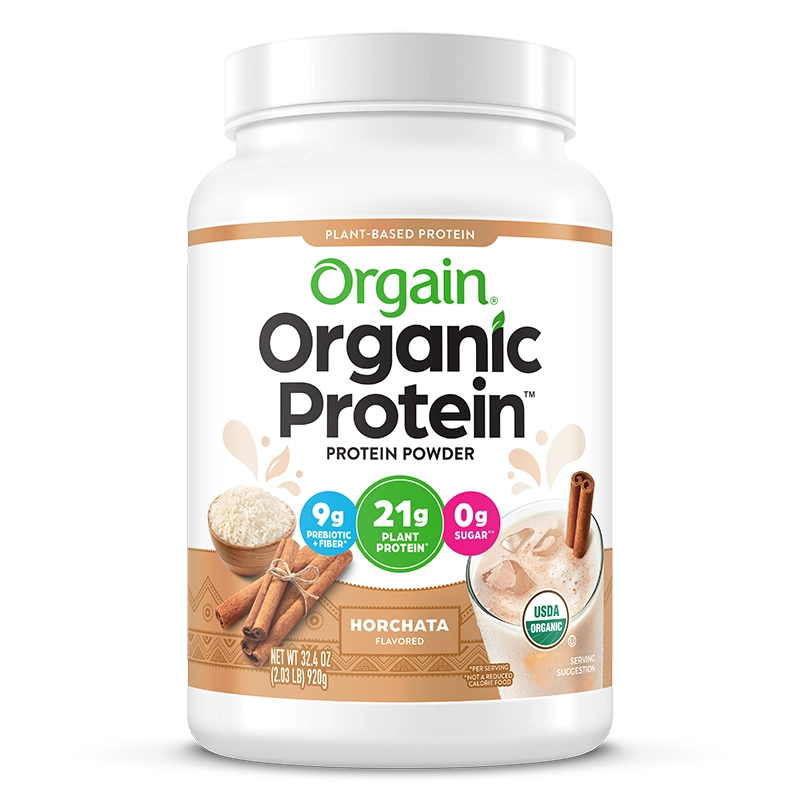It seems like everybody out there is trying to lose weight, whether you’ve been overweight for a while and are looking to make a change, or you’re trying to push back against some recent weight gain.
Weight loss can be incredibly difficult, especially as you get older. It can be tough to eat right and get to the gym when you have a full-time job or a family to tend to.
And especially now, in the age of information, looking for a way to lose weight can be overwhelming. There are just so many methods and opinions out there that it can be tough to know where to start.
So today, we’re going to help give you some tips on how to lose weight effectively. In just a few minutes, we hope to give you a starting point in your weight loss journey.
The Two Pillars of Weight Loss: Calorie Deficit and Exercise
There are a lot of weight loss methods out there, and all of them involve these two things in some way or another. These are the two pillars of weight loss, so let’s walk through them.
Counting Calories
You just can’t lose weight if you aren’t in a caloric deficit. Calories are your body’s source of energy. And if you take in more energy than you spend every day, your body takes the extra energy and stores it as fat.
The goal with weight loss is to take in less calories than you spend every day so your body will burn the fat it has stored up to use as energy.
So, you have to limit how much you can eat, and you have to work out to burn as many calories as you can in a day. We’ll come back to eating in a minute, but for a moment let’s focus on exercise.
High Intensity Exercise
One of the most effective weight loss exercise methods out there is HIIT. This acronym stands for “high-intensity interval training.” Essentially, you work out in short bursts of high intensity, followed by periods of “active rest” or medium intensity activity. Whether you're a squatter, a lunger, or prefer your ballet days, there's a HIIT exercise that can work for you.
HIIT improves your aerobic and anaerobic exercise, which helps with fat burning and muscle strength. By working both of these types of exercise, HIIT workouts can enhance your skeletal muscle fat oxidation and help support weight loss better than other types of exercise.
Exercise of any kind is important — even just going on a walk every day can make a difference — but if you’re really trying to kick your weight to the curb, HIIT workouts are some of the best exercises you can do.
The important thing with exercise is to make it a habit. Go at the same time every day and make it a part of your daily routine. If you create a habit out of exercise, you will be more inclined to get it done, and you’ll help yourself lose weight faster and keep the weight off.
Choosing the Right Diet
If you’ve looked into weight loss for any amount of time, you’ve probably already heard about all the different diets that can help. What you eat plays an absolutely critical role in your weight loss, so let’s look at some diets that can help you trim weight.
All these diets are different, and they don’t work for everyone, so pick one that works for you and your lifestyle. The most important thing is that you pick something that you can stick to consistently, and can see yourself even partially incorporating into life after weight loss so you can maximize your results for the long run.
Veganism
While this isn’t specifically a weight loss diet, going vegan can help promote weight loss. By not consuming meat, cheese, butter, eggs, and a lot of other non-vegan ingredients, you cut out a lot of calories. Vegan meals typically have a lot fewer calories but can leave you feeling just as full thanks to all the natural fiber in plants.
Not to mention, all those veggies get your body a lot of important nutrients that support a healthy gut and immune system, which can also help your weight loss process along, too.
Keto
Keto is a weight loss diet that has seen a huge spike in popularity in recent years. This diet is high in fat and low in carbohydrates. The keto diet increases your fat intake to try to get your body into a state called ketosis. During ketosis, your body consumes fat for energy instead of carbohydrates.
For keto, you’re going to need to get up to 70% or 80% of your calories from fats. Keto has been shown to produce positive metabolic effects in the short term, but it can be a very difficult diet to maintain.
For keto, you also need a lot of protein, so getting a keto protein powder can really help sustain your workouts and help you get to your macro goals easier.
Intermittent Fasting
Intermittent fasting takes a different approach. It doesn’t focus on what you eat, but rather when you eat.
The idea is that by prolonging the periods between eating, your body uses up all of the carbohydrates you eat during its starvation response, and begins to burn your fat stores for energy instead.
There are different methods to go about this. Some people restrict their eating period every day to one 8-hour window, and then not eating at all for 16 hours. This tends to be the most sustainable way for people to fast intermittently.
Other people prefer the 5:2 method, where you eat normally for five days of the week, and for two days of the week, you have a reduced calorie intake of 500-600 per day.
Now when you “eat normally” during your non-fast windows, note that you can’t just go and eat all the junk food and sugar you can find in your home. You should try to still eat healthy foods as much as you can to maximize results.
Other Diets
There are so many other diets out there, from the Mediterranean diet to the Atkins diet. It's important to remember that weight loss programs are not a one-size-fits-all solution. Each eating plan will affect individuals differently, so pick a diet that is manageable for you, and if it’s not working, it’s okay to try something else!
Overall, you should focus on eating nutritious foods that you enjoy, that are also filled with the right vitamins, minerals, carbs, proteins, and fats to nourish your body without overdoing it.
Examples of healthy foods include:
- Vegetables like onions, asparagus, and beans
- Starches like whole grains
- Healthy fats like olive oil and avocado
- Omega-3 fatty acids in fish like salmon and tuna
- Probiotics like tempeh, miso, and kefir to support your gut bacteria
Indulging in your favorite foods in small amounts like having chips and salsa at the tailgate party or picking dessert after a nice dinner date does not mean you've ruined your long-term health and nutrition. Even a nutritionist will tell you that everything can be okay in moderation, and portion control is a large factor in the health of your food.
Where Protein Fits in
So, if you’re exercising regularly to lose weight, you are going to need a lot of protein to help your body get through your workouts day after day. Eating a high protein diet is important for any active person, but especially if you’re losing weight.
Supports Your Workouts
Proteins act as the building blocks for the structures in your body, from cell membranes to muscle fibers. Working out, especially in strength training or long periods of cardio, breaks down your muscle fibers, and your body needs to rebuild them every day.
That’s where protein comes in. Getting enough protein can help you keep away muscle soreness and fuel your muscles for the next workout by helping them recover well and grow back even stronger.
Fills You Up
Not to mention, getting more protein can help you feel fuller for longer, which can help you eat fewer calories every day. Eating a high protein diet can help make your diets easier by keeping you satiated.
To help keep your body going, we recommend getting quality protein powder while on your weight loss journey. It will help support lean body mass when paired with the right exercise routine, and it can even be a nice occasional meal replacement to keep your calories down.
Conclusion
Weight loss can be incredibly difficult and frustrating, but if you stick with your routine, exercise, and diet, you can see results, even if they feel minimal compared to all the sweat and effort you’ve put in.
Just remember to count your calories, exercise well, support your exercise with protein, and stick to the diet you choose.
Weight loss is right there for the taking — you can do it!
Disclaimer: This is for informational purposes only and is not intended as individual or specific medical advice, nor is it intended to replace advice by your qualified healthcare provider. We strongly encourage consulting with a qualified healthcare provider about your interest in, questions about, or use of dietary supplements and what may be best for your overall health.
Sources
Health Benefits of a Vegan Diet | Rush System
High-Intensity Intermittent Exercise and Fat Loss | National Institutes of Health
Intermittent Fasting: What is it, and how does it work? | Hopkins Medicine
